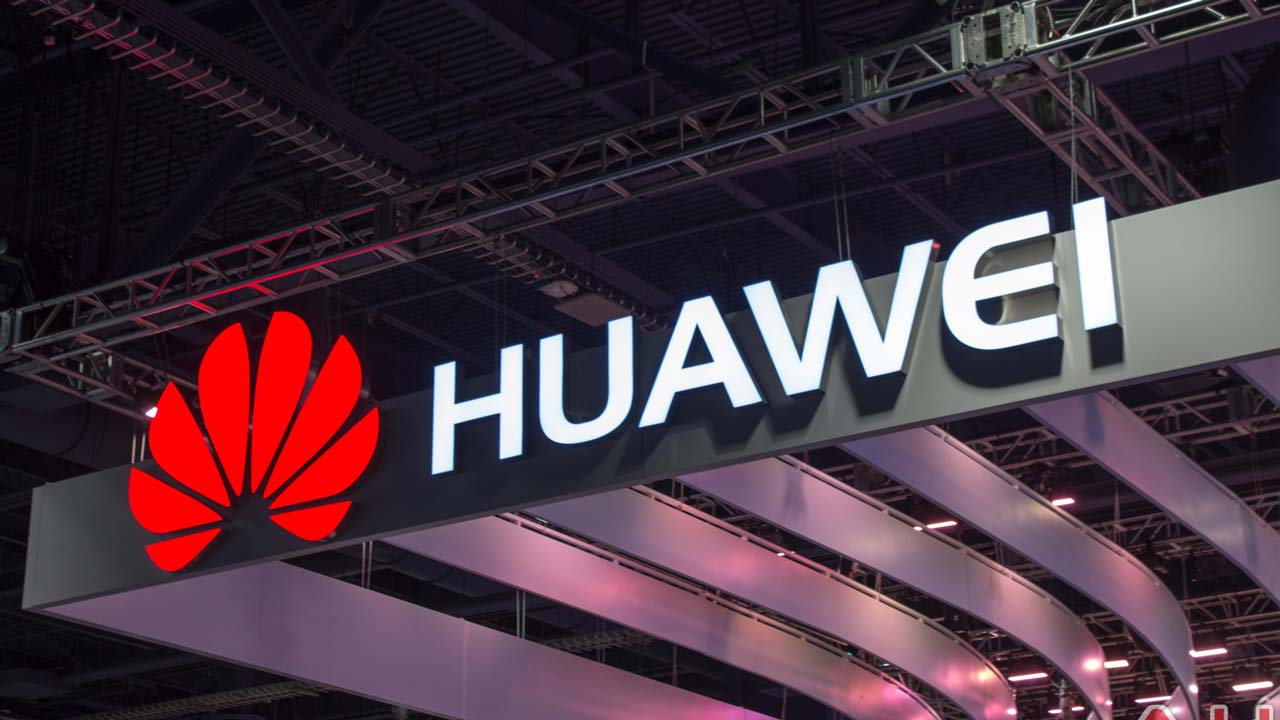
Huawei Technologies Company Limited, buoyed by the Internet solutions successes so far recorded in Nigeria, said it would replicate similar solutions in all of Africa, especially in the area of broadband services.
Speaking in response to a question from The Guardian on Internet solution services in Nigeria, at a press briefing on Sunday, the Director, Market Insight Department, Hauwei Carrier, Ali Long, said the information technology (IT) company is working with both government and service providers in this respect.
With about 91.8 million Internet users as at 2016, Nigeria is targeting 30 percent mobile broadband penetration by 2018, but currently at 20.9 percent penetration, mainly due to dearth of infrastructure to boost expansion.
In this regard, Huawei said it is supporting operators in strategically investigating in emerging markets for new growth. In the case of Nigeria, the company said it is working with network providers in building better and cost effective infrastructure for more efficient services.
Although the 20.9 percent broadband penetration in Nigeria is seen to be poor compared to its population estimated at over 180million, but Huawei believes this is huge compared to countries in Southern Africa with only five percent access to broadband solutions.
Furthermore, Long, who spoke ahead of the official opening of the 2017 Mobile World Congress (MWC), holding in Barcelona, Spain, noted that with “per capita usage of 170 minutes per day, Nigeria tops the world. It represents a huge market and represents a great potential.”
He disclosed that successes in Nigeria have been achieved mainly because Huawei is “working with the mainstream telecom companies (telcos), working with government in developing national ICT plans, provided services with local partners with the aim of improving services.”
Specifically, Long said Huawei is working with service providers in Nigeria, including MTN, Etisalat, Celtel, Globacom, Swift and others to manage services to drive down operating expences (Opex).
In the area of solutions, he said the company has developed many infrastructure; seeing as this is not well-established. “We have developed customised WOM solutions for Nigeria because there are fibre challenges.
“We are replicating the successful experience in Nigeria in the entire Africa. For instance, we are working with MTN to focus on customer requirements,” he added.
According to him, “in terms of content development, Huawei is providing MTN with music hosting from local and global and this is distributed to customers.”
The Executive Director of the Board/Chief Strategy Marketing Officer, Huawei Technologies, William Xu, noted that one of the challenges impeding mobile broadband penetration is lack of access smart phones.
According to him, “Smart phones are very important for broadband development, but the challenge is to provide high quality and cost effective smart phones that is acceptable to consumers.”
Xu, who spoke on “meeting user demand, contributing to a more prosperous ICT industry and enabling emerging countries for to develop their digital economies,” said Huawei is doing a lot in this regard.
In the emerging markets, in which Nigeria has been identified as a huge opportunity, Xu said Huawei “plans to develop digital services in a more intelligent and open manner.”
It also plans to “accurately identify high-value users and ensure a superior experience; develop user habits in relation to digital services; and establish an ecosystem through cooperation with content providers.”
As a result, he said by 2015, the IT company is targeting about 2 billion new mobile connections and 500 million new home broadband users, adding that 5G (fifth generation) network will change the adoption of these scenarios, which is the message Huawei is bringing to the MWC 2017.



